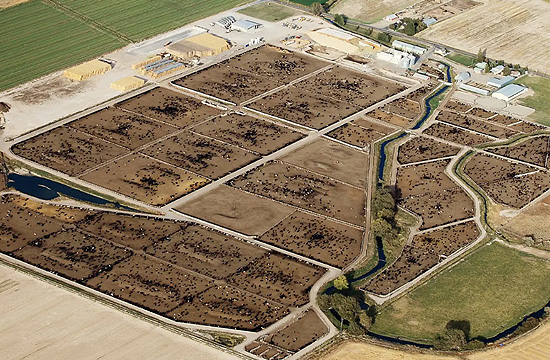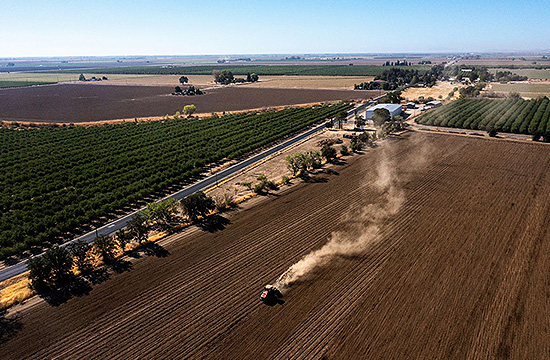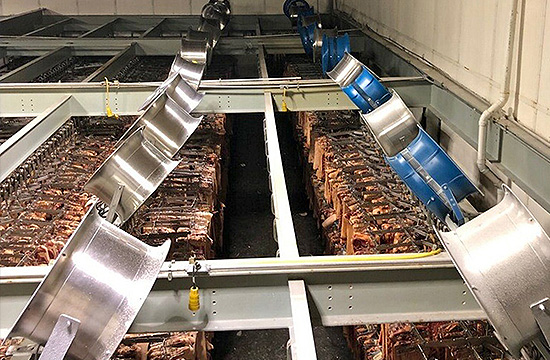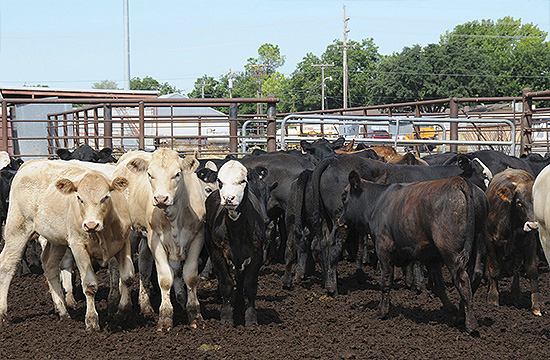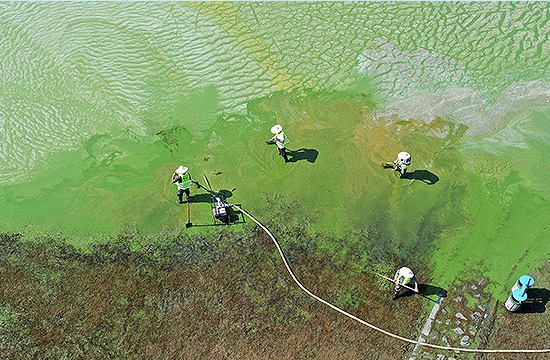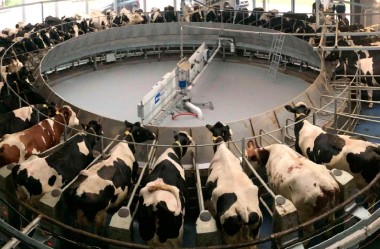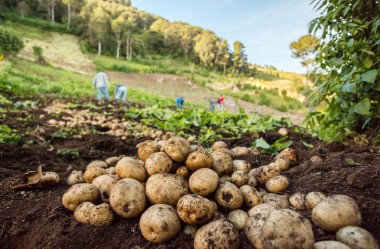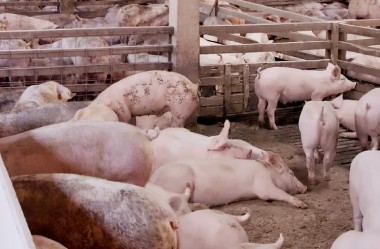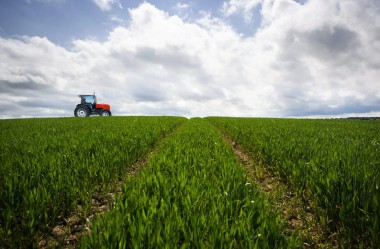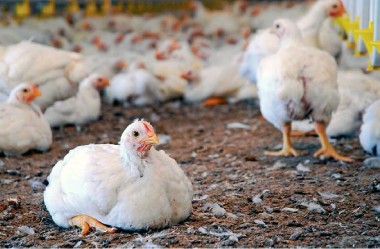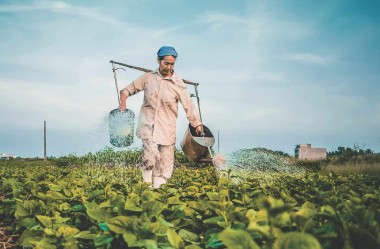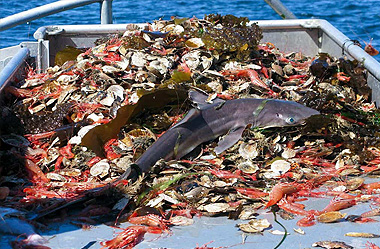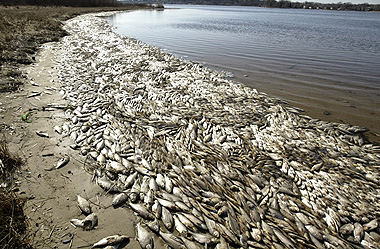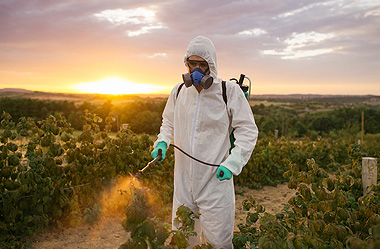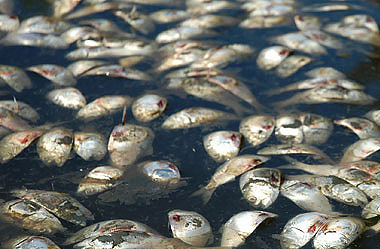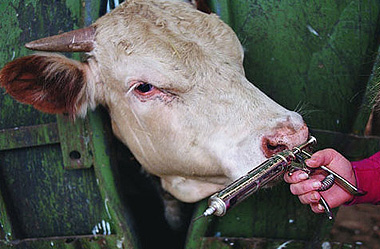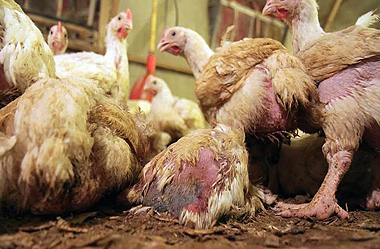Degrees of Sustainability in Aquaculture
Various production approaches exist within aquaculture, impacting the environment and the fish (pisciculture). Here's a breakdown of some key terms:
Unethical Practices Aquaculture
This refers to practices prioritizing profitability at the expense of animal welfare and environmental sustainability. Examples can include overcrowding, excessive chemical usage, and inadequate waste management. Without proper ecological guidance, the accumulation of feed and excreta at the bottom of warm, unaerated fish ponds can create more methane than cows.
Conventional Aquaculture
An industry-standard method commonly uses fishmeal, antibiotics, and chemicals to maintain fish health and stimulate growth in fish populations.
Super-intensive Aquaculture
It involves densely packed fish in enclosed spaces and heavily depending on artificial feeds and chemicals to maximize production, potentially leading to water quality issues and disease outbreaks.
Industrialized Aquaculture
A broad term encompassing large-scale aquaculture operations emphasizing efficiency and cost-effectiveness, often associated with environmental impacts similar to conventional and super-intensive methods.
Regenerative Aquaculture
An evolving approach dedicated to reviving and enhancing ecological health in aquatic systems through sustainable techniques.
Sustainable Aquaculture
It is focused on reducing environmental impact while ensuring the long-term sustainability of fish production. It includes responsible feed sourcing, efficient water management, and habitat conservation.
Organic Aquaculture: A Disruptive Difference
Organic aquaculture follows specific guidelines prohibiting synthetic chemicals, antibiotics, and genetically modified organisms. It focuses on maintaining natural ecological balances, ensuring animal welfare, and producing high-quality seafood in an environmentally friendly manner. Organic aquaculture aims to promote biodiversity, minimize environmental impact, and provide consumers with responsibly produced fish that meet stringent organic standards.
Unlike all the other approaches mentioned above, organic aquaculture shares a closer connection with organic agriculture. Organic certification standards for aquaculture are still evolving, but they generally emphasize:
- Natural feeds: Replacing fishmeal with plant-based or alternative protein sources like insect meal.
- Environmentally-friendly practices: Maintaining water quality, minimizing waste, and promoting ecosystem health.
- Animal welfare: Avoiding unnecessary stress and providing a healthy environment for the fish.
The Power of Organic Aquaculture: A Ripple Effect of Benefits
- Food Security: Sustainable practices ensure a reliable, healthy protein source for generations.
- Reduced Greenhouse Gas Emissions: Organic practices require less energy and contribute less to climate change than conventional methods.
- Biodiversity: Organic aquaculture fosters healthy ecosystems that support diverse aquatic life.
- Prevention of Runoff and Eutrophication: Responsible waste management and reduced reliance on chemicals minimize pollution and protect natural carbon sinks.
The Urgency of more Organic Aquaculture
Beyond Efficiency: Why Ecological Aquaculture Matters
Globally, organic aquaculture represents a tiny fraction of total seafood production. While some aquafarmers are environmentally conscious, especially when establishing or growing their operations, they often lack guidance and successful ecological models to follow. This lack of established practices can lead them towards industrialized or super-intensive production methods that can adopt unsustainable practices and harm ecosystems and biodiversity.
Adverse Impact on Ecosystems:
- Even with sustainable practices, scaling up aquaculture operations can result in significant challenges related to waste management and pollution.
- The expansion of aquaculture operations can intensify issues like water pollution, excess nutrients, habitat disruption, and greenhouse gas emissions, posing threats to aquatic ecosystems.
Impacts Beyond Production:
- Expanding aquaculture operations has far-reaching environmental, social, and economic impacts, affecting biodiversity, ecosystems, and community well-being.
- As aquaculture operations grow, challenges related to waste management, water pollution, and habitat disruption escalate, necessitating comprehensive strategies for sustainability and environmental preservation.
Obstacles to Organic Aquaculture
The lack of technical resources, financing, and knowledge transfer presents significant challenges for aquafarmers looking to transition toward ecological operations. Key challenges include:
-
Absence of Successful Models: Without access to established and successful organic aquaculture models to emulate and draw guidance from, aquafarmers may struggle to navigate the complex transition process effectively.
-
Limited Technical Support: The shortage of technical expertise and resources explicitly tailored for organic aquaculture can hinder aquafarmers from adopting sustainable practices and optimizing their operations toward ecological goals.
-
Financial Constraints: Inadequate financing options and limited access to capital for investing in sustainable technologies and organic practices can pose barriers to aquafarmers seeking to scale their operations in an ecological direction.
-
Knowledge Transfer Gaps: The lack of comprehensive knowledge transfer mechanisms can impede the dissemination of best practices, innovative technologies, and ecological insights necessary for aquafarmers to succeed in transitioning to organic aquaculture methods.
-
Technological Limitations: Insufficient access to advanced technologies and tools tailored for organic aquaculture can hinder aquafarmers from enhancing efficiency, sustainability, and environmental compatibility.
-
Guidance Deficiency: The absence of clear, established pathways and guidance for aquafarmers looking to produce fish ecologically can create uncertainties and obstacles in adopting organic and sustainable aquaculture practices.

